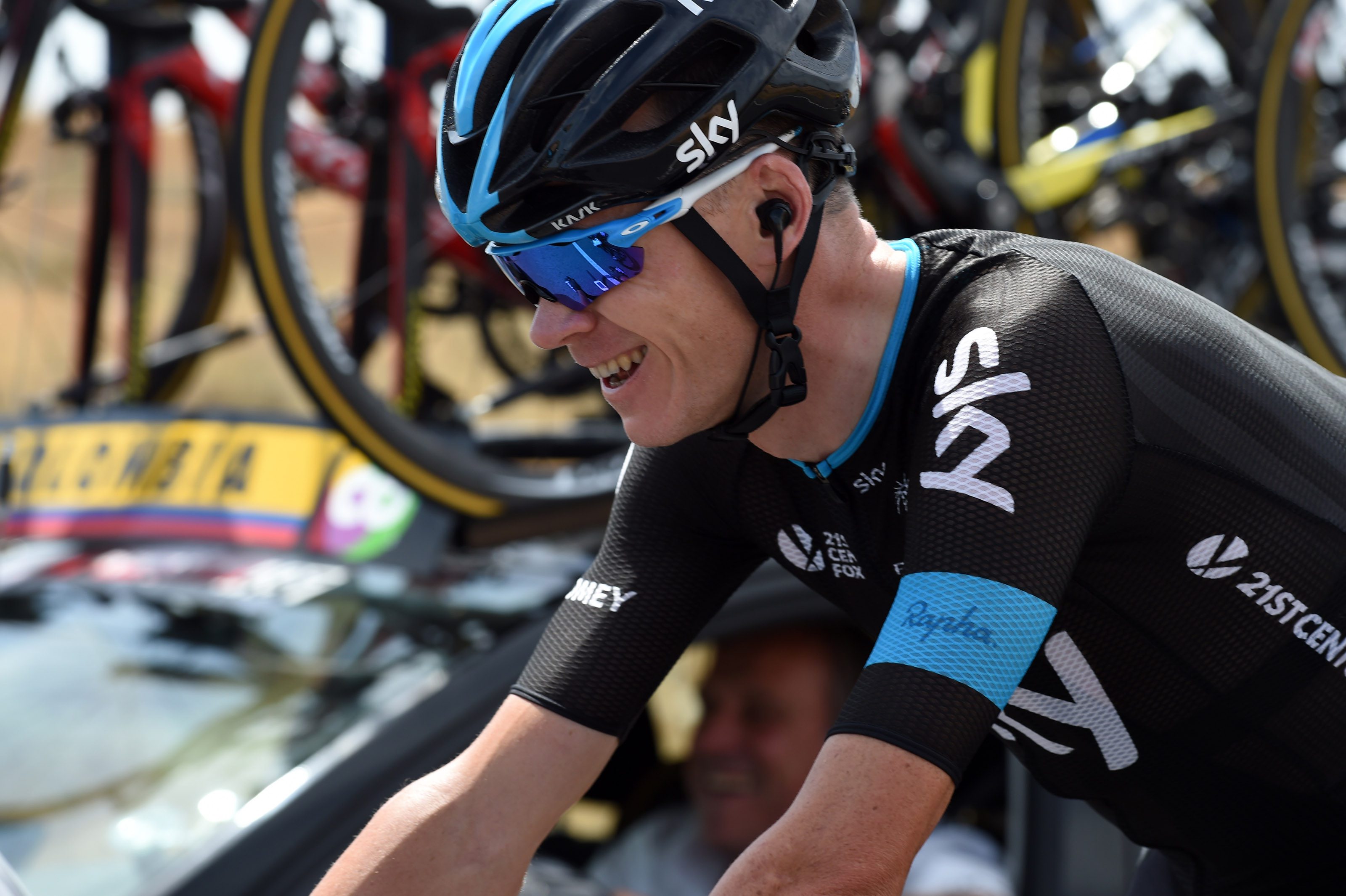History and culture connect with the 2016 Vuelta a España
Along the 2016 course, the race will pass through many historic venues

by Larry Humber

As with all the Grand Tours, the 2016 Vuelta a España will have more than its share of ups and downs. This year, it launches in Galicia in Spain’s northwest on Aug. 20 and finishes up in the capital Madrid on Sept. 11.
Along the way, the race will pass through many historic venues. Perhaps none is more significant than Baiona, where Stage 2 finishes. For those not up on their history, Baiona was where word first came that Columbus hadn’t sailed off the end of the world, but instead discovered a previously unknown land mass, the Americas. The ship Pinta, the fleetest of Columbus’s three, was the first to arrive with the news.
Stage 5 takes in Lugo, a major stopping point on the oldest of the pilgrimages to Santiago, the Camino Primitivo. Later stages take in chunks of the Coastal Route. The Camino is big with cyclists, too, although they are not always appreciated by the walkers, who think they are taking the “easy way.” Tell that to the Vuelta riders!
Covadonga, at the tail end of Stage 10, may not ring a bell with many readers, but it has a significant place in Spanish history, renowned as the spot where the Reconquista began in 718. As related in one Spanish guide, a force of 31 supposedly repelled 400,000 invaders, odds of about 13,000-1.
Stage 12 wraps up in Bilbao, which has a notable Canadian connection, as it was Toronto-born architect Frank Gehry (real name Frank Goldberg) who put it on the map with the launch of the futuristic Guggenheim Museum in 1997.
The Vuelta heads south for the final stages, with Benidorm launching the penultimate stage. It once had the unfortunate reputation for attracting booze-addled Brits, but has since cleaned up its act. It was the Vuelta’s start point in 2011, memorable because then unheralded Chris Froome finished as runner-up that year.
The 2016 edition comes to a close in Madrid, which is home to arguably the continent’s best soccer teams. Real Madrid and Atletico Madrid met in the final of the prestigious Champions League in 2016, a repeat of the 2014 final.
Larry Humber has been to Spain nine times, visiting many of the Vuelta sites.
